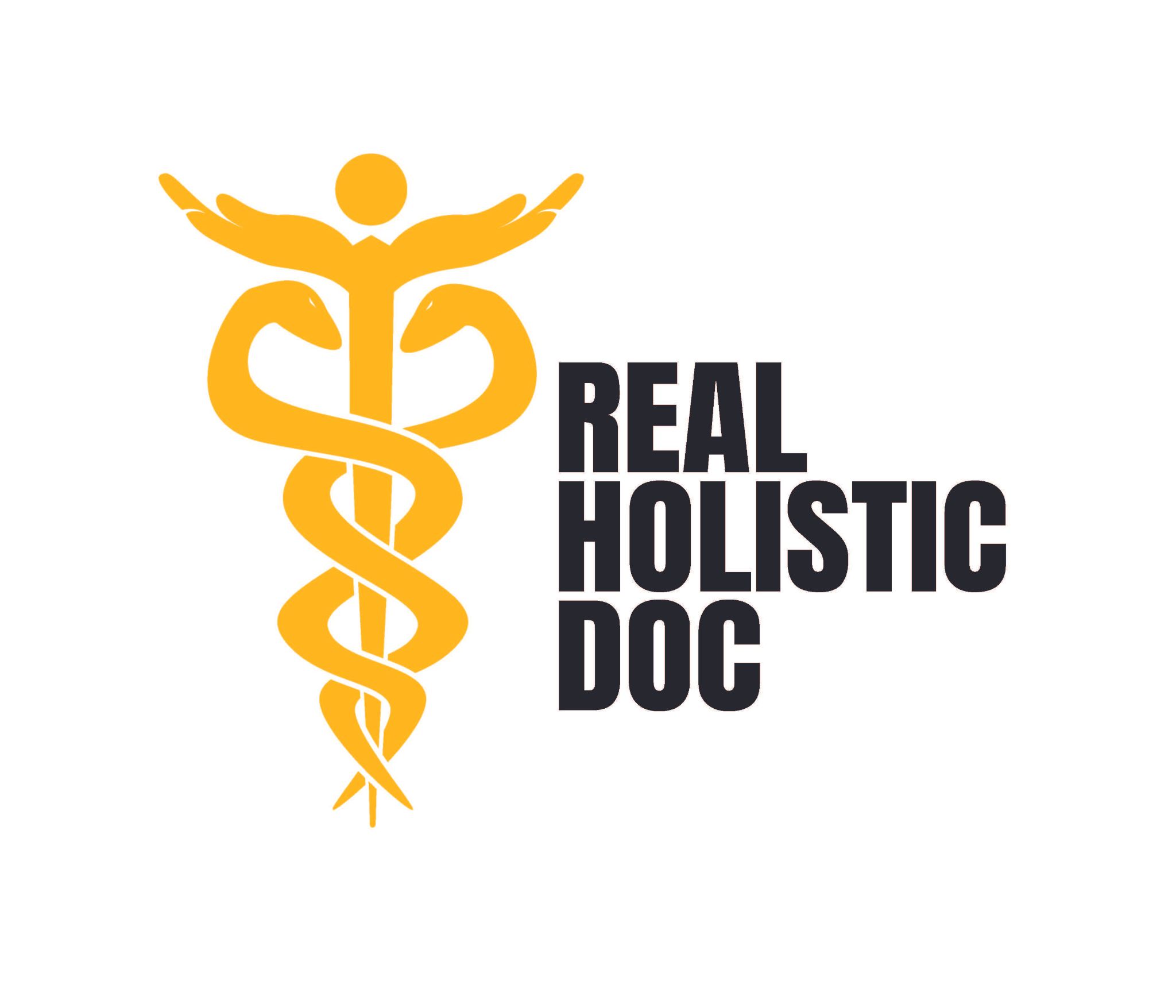The TIME, Feb. 12, 2006, headline, Is America Flunking Science? is the perfect headline for my critique of three ”Rolls-Royce” articles that appeared in the latest JAMA and made newspaper headlines throughout the country.
Titled ”Low-Fat Dietary Pattern and Risk of
- Invasive Breast Cancer
- Colorectal Cancer
- Cardiovascular Disease”
respectively, (JAMA, Feb. 8, 2006, (p. 629 thru 665),
All these articles fail to address a major scientific flaw. At the end of 8 years the 48,835 post-menopausal women, aged 50 to 70 at enrollment, were averaging a fat intake of 29%. I am not aware of anyone who would consider 29% a ”Low-fat dietary pattern.” With an 8 year study at 40 U.S. clinical centers, the cost of this mammoth study probably exceeded one million dollars per subject. In addition to modest reduction of fat, the average intake of fruits and vegetables wound up being only 4.7, below the ”minimal” most consider critical. Folate wound up being just over 300 micrograms, again well below the minimal considered essential. Weight wound up being 69.9 kg., cholesterol remained above 200 with LDL above 100 and triglycerides above 100. No significant evaluation of psychosocial factors was reported, even though we know that depression and anger have far greater influence in disease than virtually any other factor! Why would any intelligent person believe that a modest decrease in fat intake would make a difference in any aspect of health without considering the whole person?
What this ill-designed or executed study shows is that the subjects failed:
- The primary goal of 20% fat intake
- To make common-sense changes in exercise
- To achieve a desirable BMI
- To consume the essential minimal 400 mcg of folate daily
- To lower cholesterol, LDL or triglycerides
- To increase fruit and vegetable intake to the minimum of 5 servings per day
- To be evaluated for psychosocial stress
If one of my graduate students had submitted a protocol such as this, I would have sent him/her back to the drawing board! Basically ALL that these three papers demonstrate is that it is difficult to change dietary habits. It may be even more difficult to change overall lifestyle, such as exercise, or to encourage even modest adjustments in essential nutrients, such as folate. But surely those who design and pay for such studies have the ability to address these critical issues and not consider this the Rolls-Royce of research.
Norman Shealy, M.D., Ph.D. is the father of holistic medicine. He recommends autogenic focus (the basis of the Biogenics System) as part of your overall commitment to self-health. Register to download your FREE autogenic focus MP3 now.
